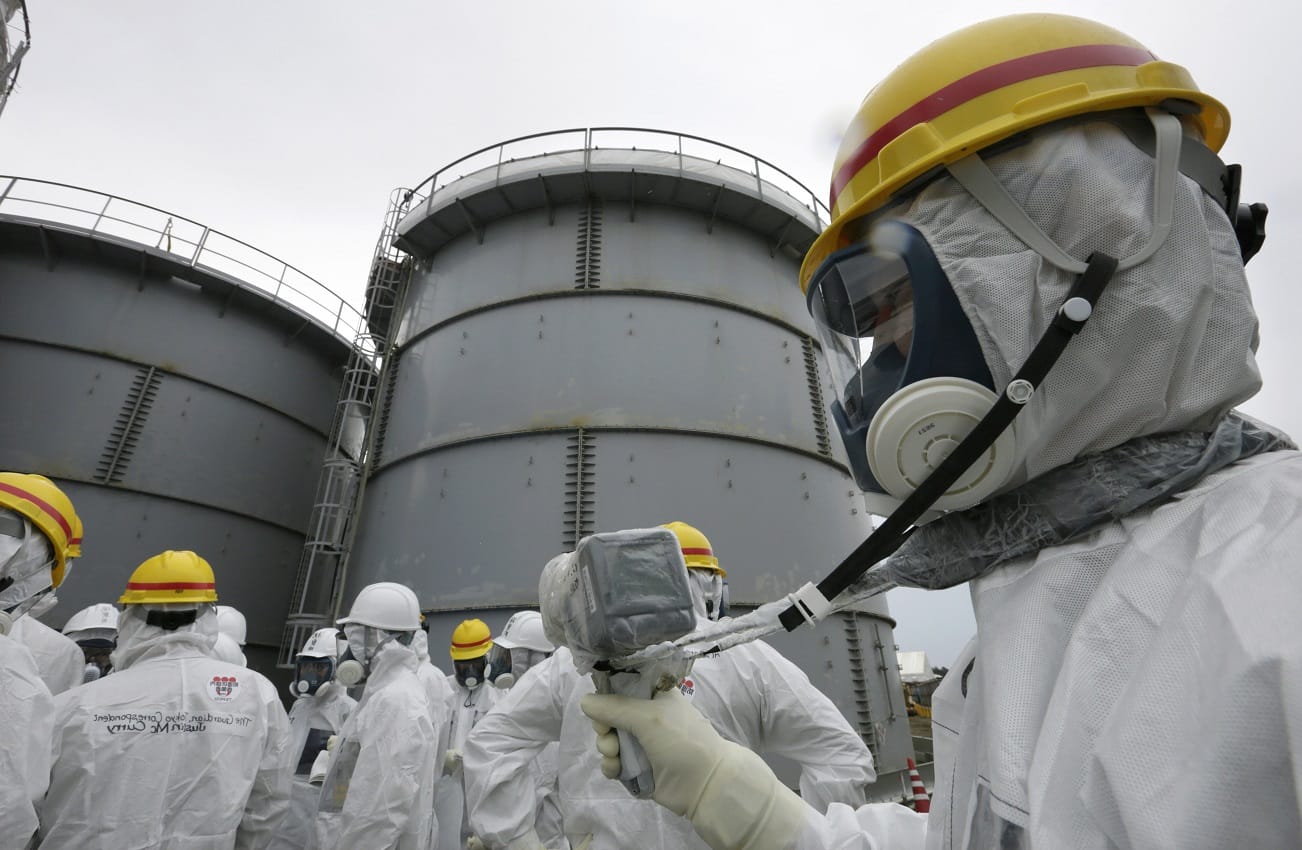
Essay on Nuclear Radiation issue from Japan
The earthquakes in Japan led to the incidents at nuclear power plants Fukushima-1 where several leaks of radiation were revealed and this made authorities to evacuate people from the 20-kilometer zone around the plant, as well as to forbid the flights over the station within a radius of 30 kilometers. Later the information about discovery of the radioactive elements, in particular, isotopes of iodine and cesium in the air, sea and drinking water, as well as in food appeared.
One of the most unpleasant moments of the disaster at the Fukushima Station, is uncertainty about the possible contamination by radiation not only the atmosphere but also the land soil adjacent to this area. It’s really pretty gloomy way of circumstances development, as it directly affects the country’s agricultural sphere. Apparently, the consequences for the soil already exist, and it is not clear yet what is the volume of contaminated land which is already considered to be risky for farming. The Secretary of the Government of Japan, Mr. Yukio Edano, did not exclude that the radiation level may be higher than normal on those lands, where spinach and fodder for cattle were grown (what, of course, may influence the production of dairy farms), and therefore the government would decide what to do with the production on these lands (Herman 2011).
Nowadays the World Health Organization also expressed fears that the nuclear crisis may have a much greater effect than expected. Speaking at a briefing in Beijing, the Representative of the World Health Organization, Mr. Peter Cordingley, said that taking into consideration the recent events the situation is very serious, as agricultural land are unlikely to be suitable for food production affected by the radiation (Fountain 2011).
Thus, there is a risk that Japan may have problems with food security. While Japanese authorities are not inclined to dramatize the situation and recent instructions from the government only impose a ban on the supply of dairy products from four prefectures, including Fukushima Prefecture. A similar ban is imposed on the supply of spinach, in which the rate of radiation exceeds the permissible parameters in 12 times (Tabuchi 2011).
The other 47 prefectures are commissioned by Japan’s Ministry of Health to give information on the level of background radiation in the production of the agricultural sector. In the province of Fukushima agrarian produces such products as cucumbers, tomatoes and beans. In the province of Ibaraki they grow cucumbers, tomatoes, onions, strawberries and pears. The indirect confirm of the seriousness of the situation with the contamination of soil and as a consequence, the effect of radiation on agriculture, is the fact that the government of China, Taiwan and South Korea have announced readiness to impose control over imports of agricultural products from Japan and the possibility of a complete ban on imports from that country. Japan is not the country where its population will sit back and grieve because of what happened. They will hardly permit the situation like on Haiti to happen in their country, but whatever the case, the threat of food crisis could become a serious problem for any country. There are many ways to solve it, but it is impossible to succeed without the creation of the appropriate social and economic climate in the country. Japan is one of the best countries, if not the best one, that can cope with this task and in a few years to get to the previous level of its development and of world’s position.

